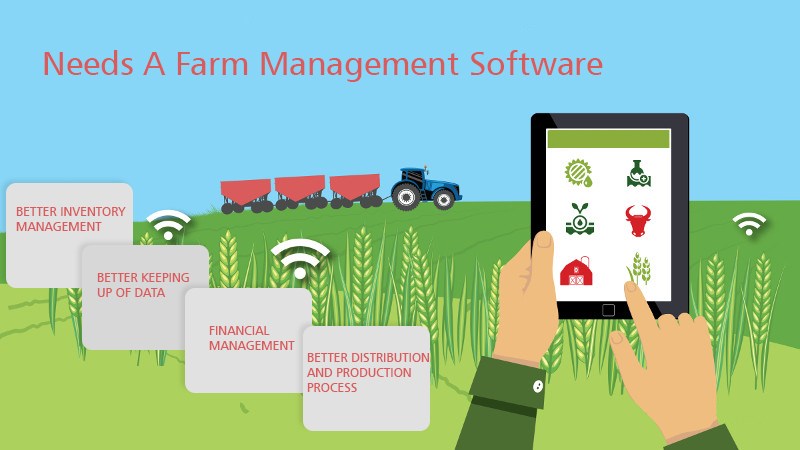It's easy to get overwhelmed by the accounting side of running a farm, especially if you're new to it. If you're not familiar with how to handle farm accounting properly, then mistakes are bound to happen.
As a result, it can be challenging for farmers who are just starting out in the industry and don't have much experience managing finances.
Luckily, there are some common errors that many people make when performing their own financial recordkeeping that aren't too hard to avoid so long as you're aware of them ahead of time. There are some companies that provide software for farm accounting; you can also contact them.
Here are some common mistakes farmers make when it comes to bookkeeping:
Not Separating Personal and Business Expenses
One of the most common mistakes farmers make is to not separate their personal and business expenses. This can be a big problem if you're not careful, because the IRS will look at all of your expenses as one large sum when deciding whether or not you can deduct them from your income taxes.
If you have a business account, it's important that you keep all of your receipts for farm-related purchases separate from any other receipts that aren't related to farming.

Overlooking Depreciation
Depreciation is an accounting method that allows you to deduct the cost of an asset over its useful life. In other words, depreciation allows you to spread out your expenses over time so that they're more manageable and don't affect your cash flow as much.
This can be especially helpful if you're just starting out in business or if you have a lot of expenses but aren't yet generating enough revenue to cover them all at once.
When it comes down to it, depreciation is all about matching expenses with the revenue they generate--and keeping track of this will help ensure that your farm stays profitable throughout its lifetime!
Ignoring Tax Deadlines
With tax season quickly approaching, it's important to make sure you're on top of your accounting game. One mistake that can lead to costly penalties is ignoring tax deadlines.
If you don't pay your taxes by the due date, or if you file an extension and don't pay by the extended deadline (which varies by state), you will face penalties.
However, there are some exceptions: if you're having trouble paying all of your taxes in full because of circumstances beyond your control (e.g., natural disasters or economic downturns), then filing for an automatic six-month extension may be right for you!
Failing to Seek Professional Help
Perhaps the most common farm accounting mistake is not seeking professional help.
Farms are complicated. They're also expensive, and tax laws change constantly and they can be difficult to understand if you don't have a background in accounting or financial planning. If you're not careful with your finances, it's easy to make mistakes that cost money down the line (and even worse: get caught by the IRS).
If this sounds like something that might happen on your farm, then consider hiring an accountant who knows what they're doing!
Conclusion
We hope that you've learned a lot from this article and that it has given you some ideas on how to improve your farm accounting. If you still feel like something is missing, don't hesitate to reach out!
Software : What Are The Most Common Farm Accounting Mistakes To Avoid?

 Log in with Facebook
Log in with Facebook 









